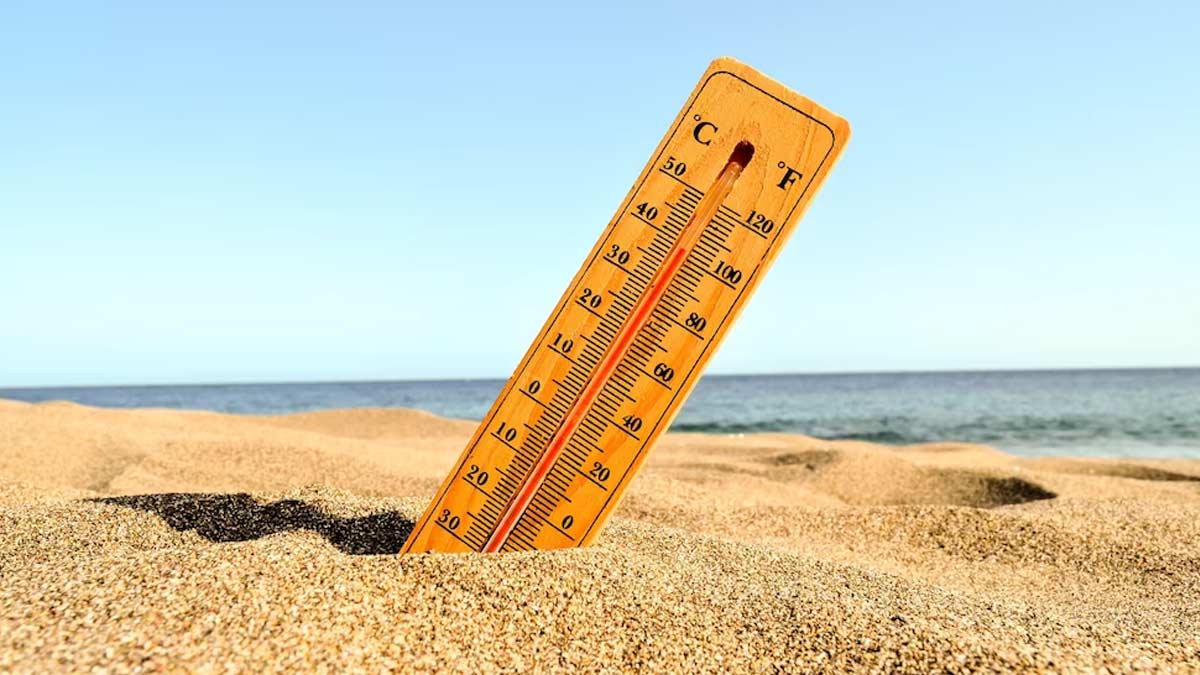
Summer season often brings joy, relaxation, and a sense of rejuvenation. However, for some individuals, this season can also bring a sense of lethargy and weakness. If you find yourself experiencing a lack of energy during the summer months, fear not, for you are not alone. In this article, we will explore seven possible reasons why you may feel weak during summers, shedding light on the factors that can affect our vitality and offering valuable insights into how to navigate this period with grace.
Table of Content:-
Dehydration
With the mercury rising, it's crucial to stay adequately hydrated. During summer, we tend to perspire more due to increased temperatures, leading to a higher risk of dehydration. Even mild dehydration can result in fatigue, dizziness, and a general feeling of weakness. Remember to drink plenty of water throughout the day, and consider incorporating hydrating fruits and vegetables into your diet to replenish electrolytes.
Heat Exhaustion
Excessive exposure to high temperatures can drain your energy levels, leading to weakness and fatigue. Heat exhaustion occurs when the body struggles to regulate its temperature, often due to prolonged exposure to heat and inadequate fluid intake. To combat heat exhaustion, seek shade, wear lightweight and breathable clothing, and avoid strenuous activities during the hottest parts of the day.

Lack of Quality Sleep
Longer daylight hours and increased social activities during summer can disrupt your sleep patterns. Insufficient or poor-quality sleep can leave you feeling weak, groggy, and lacking concentration. Create a conducive sleep environment by keeping your bedroom cool, maintaining a regular sleep schedule, and practising relaxation techniques before bedtime. Prioritising restful sleep is essential for recharging your body and maintaining optimal energy levels.
Also read: Summer Diet: 6 Ways To Reap Health Benefits Of Pomegranate
Seasonal Allergies
Summer can be a challenging time for allergy sufferers. Pollen, dust, and other airborne allergens are more prevalent during this season, triggering allergic reactions that often manifest as fatigue, congestion, and overall weakness. If you suspect allergies, consult with a healthcare professional who can provide guidance on managing your symptoms and suggest appropriate medications or lifestyle changes.
Inadequate Nutrition
Summer is a season filled with tempting treats, barbecues, and indulgent delights. While it's important to enjoy these pleasures, it's equally crucial to maintain a balanced diet. Overconsumption of processed foods, sugary drinks, and excessive alcohol can lead to nutrient deficiencies, blood sugar fluctuations, and energy crashes. Opt for nutrient-dense foods such as fresh fruits, vegetables, whole grains, and lean proteins to fuel your body with sustained energy.
Vitamin D Deficiency
Vitamin D, often referred to as the "sunshine vitamin," is synthesised by our bodies when exposed to sunlight. However, excessive heat and sun protection practices can limit our sun exposure, potentially leading to vitamin D deficiency. Inadequate levels of vitamin D have been linked to fatigue and muscle weakness. Discuss with your doctor about appropriate supplementation and make time for safe sun exposure to maintain optimal vitamin D levels.
Also read: High Antioxidant Fruits: A Summertime Boost For Better Health
Mental and Emotional Stress
Summers can bring their fair share of stress, whether it's due to high expectations of vacations, social events, or work deadlines. Psychological stress can drain our energy, leaving us feeling weak and fatigued. Practice self-care activities such as mindfulness, meditation, and engaging in hobbies that bring you joy. Taking time to recharge your mind and nurture your emotional well-being is essential for combating stress-related weakness.
While feeling weak during summers may initially be disheartening, understanding the underlying reasons can empower you to make positive changes and embrace the season
Also watch this video
How we keep this article up to date:
We work with experts and keep a close eye on the latest in health and wellness. Whenever there is a new research or helpful information, we update our articles with accurate and useful advice.
Current Version